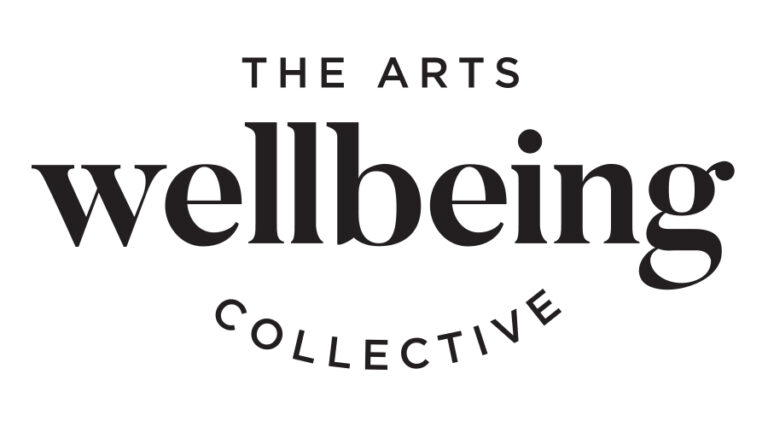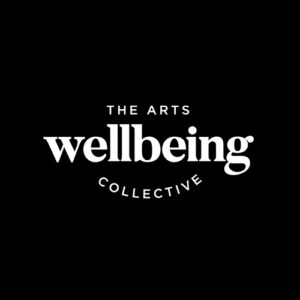
Time to finish well – making sure everyone ends the tour with energy (not collapsing in a heap!) and is looking forward to working with you and your company again. It’s also a great opportunity to see what worked, and to express your sincere thanks and gratitude to the touring company for all their hard work.
Share tools and techniques to support the touring company with preparing for the end of the tour, financially and psychologically. See the final section of Tour Well for more information.
Communicate the end of tour before the end of tour. From a practical point of view, it is difficult to hold a touring company debrief after the tour has ended, so look to schedule your debrief in the last section of the tour, and see if you can attend, or at least phone in.
Hold individual exit meetings with touring company members. This allows you to both assess if additional support is required, and to hear feedback that can be considered for future tours. If the touring company are from across Australia, these meetings can be held by phone/video.
Recognise that, although it’s great to be at home, it’s ok and understandable to miss touring life. Acknowledge the transition phase for the company, and encourage them to seek help if they’re struggling with the return to home life.
Express your thanks and gratitude to the team through:
If you have received feedback from the company during the exit interview/debrief process, let the whole company know how feedback will be actioned to improve the next tour.
Set up a simple way to share photos – perhaps a shared folder, or a closed group on social media.
Airplane safety briefings always remind us to ‘fit your own oxygen mask before helping others’, and we know we can’t pour from an empty cup. As the tour manager, you are juggling a lot of responsibilities, personalities, challenges, schedules, pressures, finances, marketing, legislation, expectations and much more. It is essential that your mental health and wellbeing is not compromised because you’re too busy looking after everyone else!
Often we think of ‘self-care’ as indulgent – something we’ll do when we have time. Or worse, we only do it if we’ve become unwell and have no choice but to prioritise it! You can use your self-care for prevention – focus on getting plenty of sleep, maintaining exercise routines and eating well if you know you’re heading into a busy time (like planning a tour, writing a major grant).
Consider setting some personal goals for the tour. Is there something you’d like to focus on, learn, explore, test, or try? This can help reframe challenges during the tour, and see the challenge as a learning opportunity rather than an imposition.
Rather than completing one tour and moving straight into the next one, take time out to:
Pat yourself on the back. You’re doing an awesome job. Through your commitment, dedication and leadership in promoting positive mental health, you have made a huge difference not only to your company, but to our wonderful industry.
Tour Management Manual: Mental Health & Planning Your Tour – Part 2
Tour Management Manual: Deliver Well on Tour – Part 3



The Arts Wellbeing Collective is an Arts Centre Melbourne initiative that comprises a consortium of arts and cultural organisations whose shared vision is to effect better mental health and wellbeing for performing arts workers. Our objectives are to: - Improve support services for performing arts workers - Collate and share information - Effect industry cultural change - Improve support networks within and between arts organisations. Our guiding principles are: - Prevention focused, promoting positive mental health and wellbeing, and raising awareness of mental health, mental health problems and the value of early intervention. - Working in partnership, ensuring a variety of partnerships state-wide and across the industry – collaboration is core to the Arts Wellbeing Collective and vital to success. - Creating systems level change, through seeking to understand and address systems, cultures and traditions that contribute to poor mental health and wellbeing in the performing arts. - Long-term thinking, prioritising resources and initiatives that have capacity for long-lasting impact, scalability and transferability. - Knowledge creation and dissemination, working with experts and industry leaders to find, share, create and translate the best available information, tailored for creative contexts. - Encouraging innovation, Arts Centre Melbourne is always learning – we do not have all the answers. We will test, trial, evaluate, and share useful findings with energy and authenticity, and continue to be rigorously planned, strategically responsive and thoughtfully adaptable.
Read Full Profile© 2021 TheatreArtLife. All rights reserved.

Thank you so much for reading, but you have now reached your free article limit for this month.
Our contributors are currently writing more articles for you to enjoy.
To keep reading, all you have to do is become a subscriber and then you can read unlimited articles anytime.
Your investment will help us continue to ignite connections across the globe in live entertainment and build this community for industry professionals.